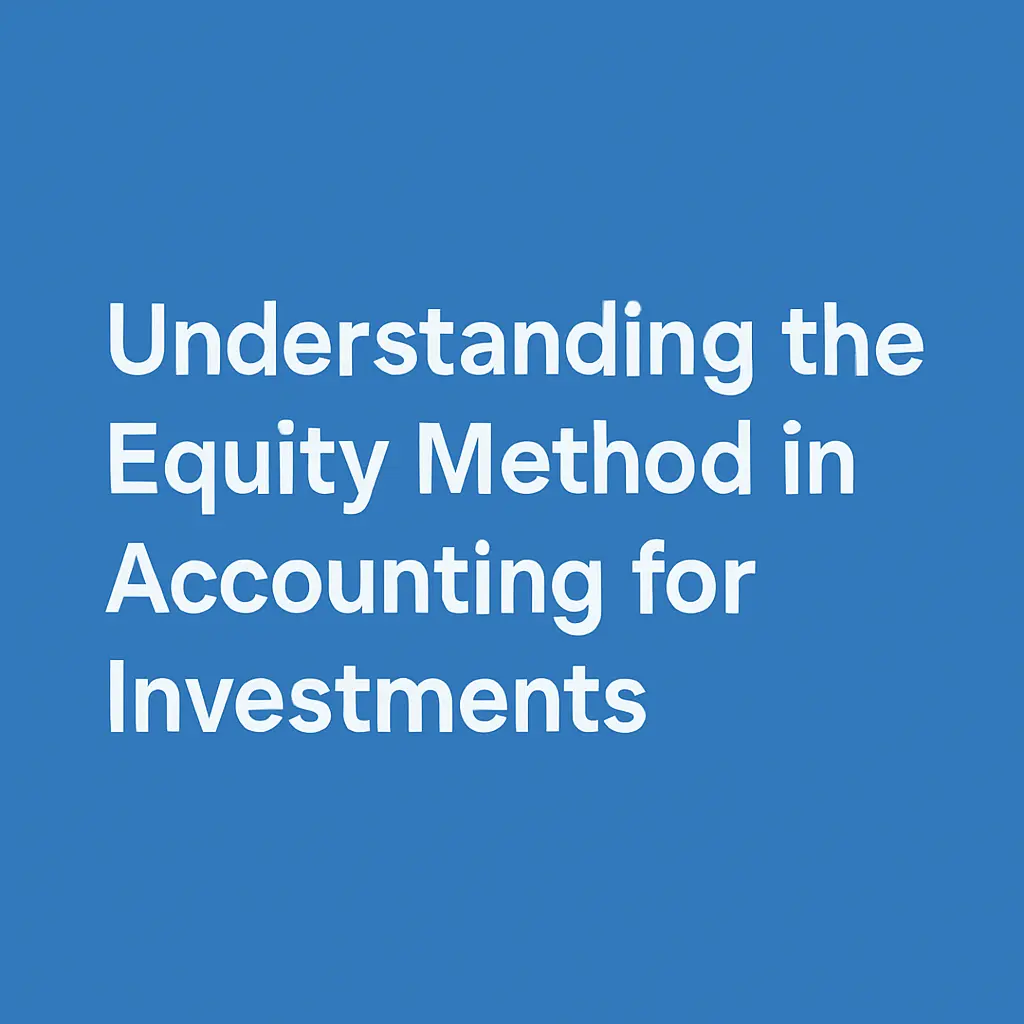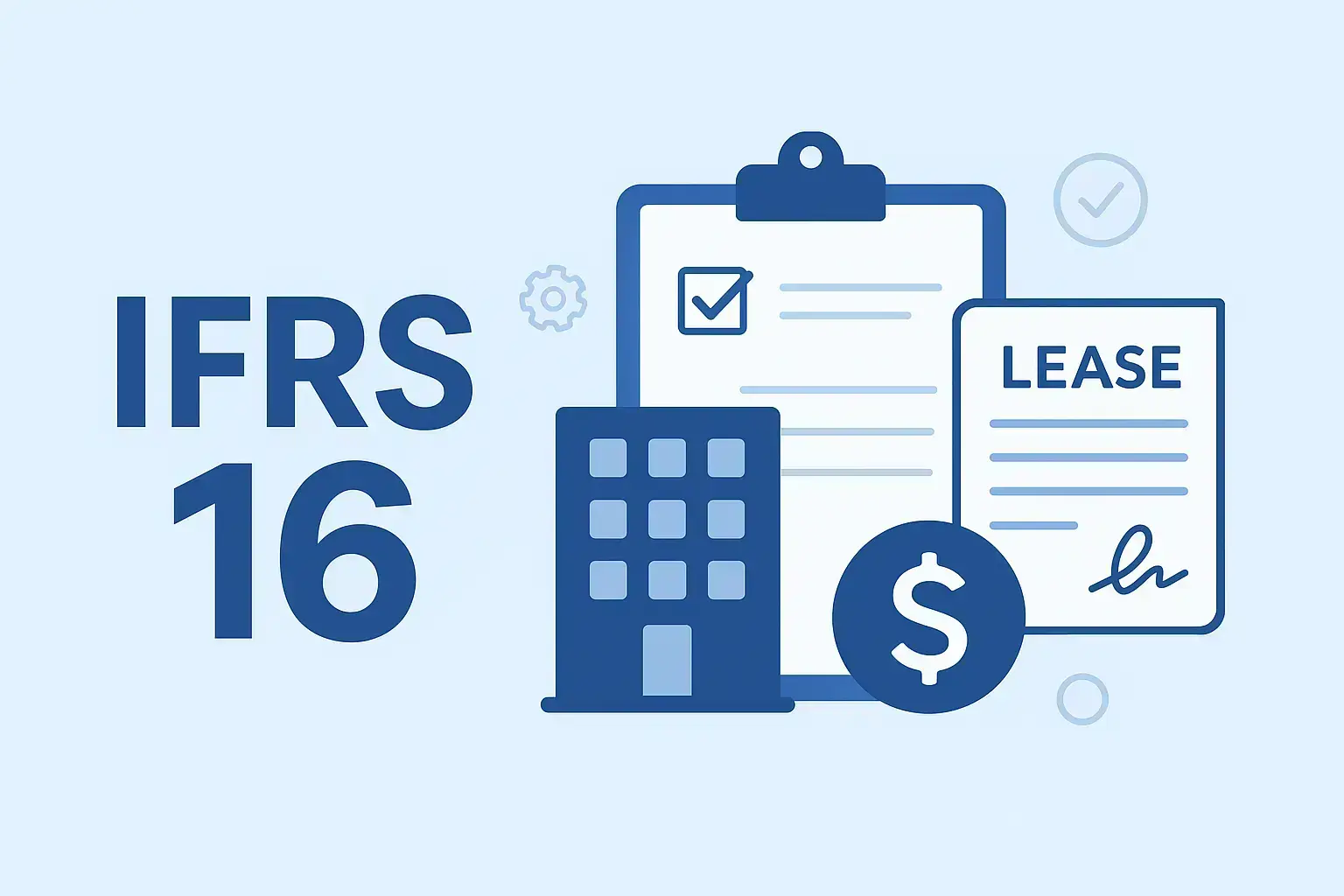Latest Articles & News
Learn more about our for SMEs and startups in Austria and Europe. Explore practical guides on financial reporting and budgeting & forecasting</a> to build a complete financial management strategy. For personalized support, book a consultation with our experts today.

Bookkeeping & Compliance
The Essential Functions of Bookkeeping Services for SMEs
Effective bookkeeping services are the backbone of every successful business. For startups and SMEs in Austria and across Europe, accurate bookkeeping ensures compliance, supports decision-making, and provides a clear financial picture for investors and management. Bookkeeping is not just about recording numbers—it is about structuring financial data across key departments to ensure accountability, transparency, and growth. Below, we break down the essential roles of each department in the bookkeeping process.
Accounts Receivable (AR): Managing Customer Payments
The Accounts Receivable department ensures that revenue flows into the company smoothly and on time.
Recording revenue accurately and issuing customer invoices.
Monitoring collections and following up with customers.
Sending dunning letters for overdue payments.
Clearing accounts after payments are received.
By maintaining tight control over receivables, SMEs avoid cash flow bottlenecks and build stronger customer relationships.
Accounts Payable (AP): Controlling Vendor Obligations
The Accounts Payable department plays a critical role in managing a company’s expenses and obligations.
Receiving and recording vendor invoices.
Matching invoices with purchase orders (POs) and delivery notes.
Reconciling discrepancies in quantity or value per item.
Approving and posting invoices after document verification.
This process prevents overpayments, ensures compliance with contracts, and keeps vendor relationships healthy.
General Ledger (G.L): Recording the Full Financial Picture
The General Ledger department ensures that all financial transactions are accurately represented.
Booking accruals for expenses such as rent, electricity, and services where invoices haven’t been received yet.
Running asset depreciation schedules.
Ensuring accurate and complete recording of all financial transactions.
A well-maintained general ledger provides SMEs with confidence in their financial statements and helps prepare for audits or investor reviews.
Inventory (Stock): Valuation and Control
The Inventory department connects operations with financial reporting.
Recording and valuating inventory.
Monitoring stock movements and identifying slow-moving items.
Conducting stock reconciliations and ensuring accuracy in valuation.
Accurate inventory bookkeeping allows SMEs to manage working capital effectively and avoid hidden losses.
Controlling: Turning Numbers into Insights
The Controlling department takes bookkeeping to the next level by analyzing results and providing management insights.
Reviewing the overall financial picture after bookkeeping entries are completed.
Preparing and analyzing financial statements after bookkeeping is completed.
Supporting decision-making through financial insights and reporting.
With effective controlling, SMEs can transform bookkeeping data into actionable strategies that drive sustainable growth.
Conclusion
Bookkeeping services go far beyond data entry—they integrate processes across AR, AP, G.L, inventory, and controlling to create a comprehensive financial framework. For startups and SMEs, outsourcing professional bookkeeping ensures compliance, strengthens financial health, and provides the clarity needed to make informed business decisions.
Explore more about bookkeeping services and how they support SMEs with accurate records and compliance. You can also learn about financial reporting and budgeting and forecasting to complete your financial management toolkit. For tailored guidance, book a consultation with our team today.





Send Us Message
Your email address will not be published. Required fields are marked *